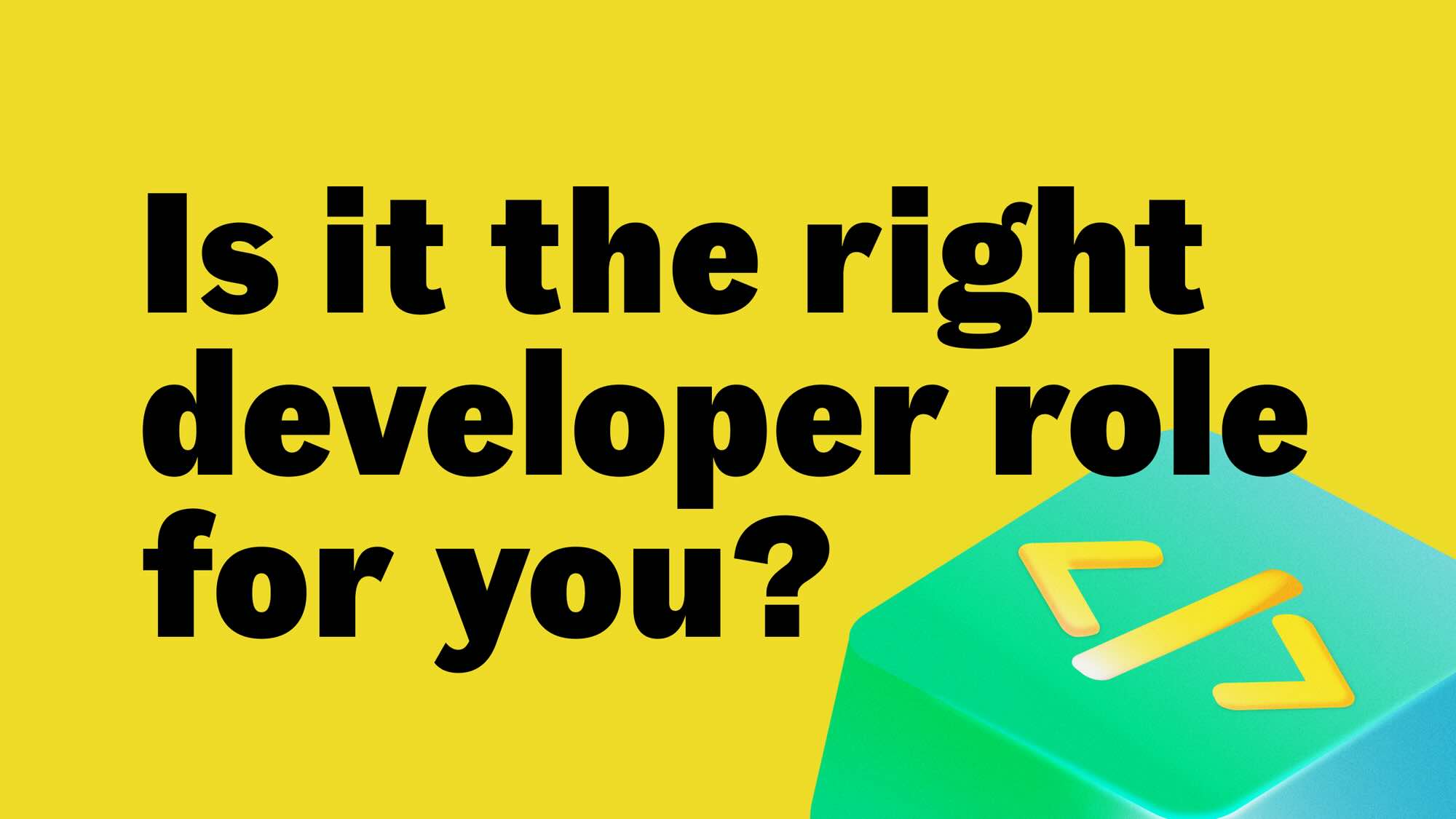7 things to look for when choosing your next software developer role
With more and more software developer roles to choose from, we've pulled together a mini guide of the key questions to ask
This article was originally posted by Otta, which is now called Welcome to the Jungle.

With so many companies out there hiring software developers, it can be difficult to narrow down which role would be right for you. So, we asked the engineering teams at Otta and OpenRent their favourite questions to consider when choosing a new role.
1. Who will you be working with on a daily basis? Who you work with can really change your experience. Would you prefer working exclusively with other engineers, or collaborating directly with product managers & designers?
2. How big is your working team, and the wider tech team? Smaller, leaner teams are likely to mean less bureaucracy, faster decisions and the chance to get stuck into a variety of different projects. On the other hand, roles within larger teams are likely to offer you the chance to specialise and develop real expertise in certain areas, with less context switching.
3. How do you want to be involved in planning and decision making? How project ideas / initiatives are created and distributed varies across companies. Some companies hand engineering teams their projects all planned out, whereas others require idea generation from inside the team themselves. Many companies do a mix.
4. What does your ideal tech stack look like? At different points in your career, you might be looking to specialise and build more specific expertise, or broaden your experience instead. Does the company's tech stack align with your goals? You also may want to make sure that companies are moving with the times and keeping their stack relevant.
5. How much autonomy would you have in the role? On the one hand, depending on the stage you are in your career, autonomy can be an important factor in learning and development - and nobody likes a micromanager! On the other hand, if you're just starting out or moving to a role with very different technical requirements, you may find that more support from colleagues helps you find your feet faster.
6. How fast does the team move? It can be frustrating and demoralising to see projects taking longer than they need to thanks to layers of internal bureaucracy. Changes being deployed quickly means you can see real results fast.
7. How much time would you spend in the office? A contentious issue that everyone feels differently about! Balancing the flexibility of remote working, with the social and collaborative aspects of being in the office will depend on your preferences. Although it's always tricky to get a realistic view of company culture before joining, it's worth probing on how others in the team like to work to see if any red flags pop up. For hybrid or office-based roles, visiting the office during the interview process or at offer stage is helpful for checking out the atmosphere.
Looking for a new role? OpenRent is growing their team 🚀
Check out their open roles, mission and benefits here.
OpenRent's platform makes renting safer, cheaper, and fairer for everyone. With a focus on combining customer experience and technology, OpenRent lets more properties than any UK high-street agency, with over 6 million users.